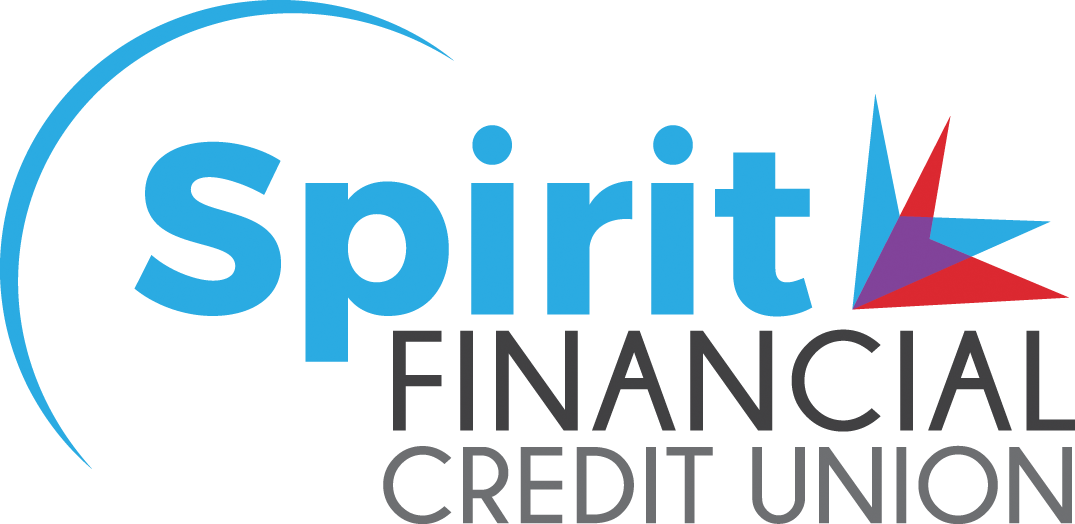Many of us are feeling the financial strain brought on by the coronavirus pandemic. Millions of Americans are out of work and much of our business sector is shut down. These uncertain times are leading to much economic distress and hard times for so many in our community and across the country. While it might not be the first thing on your mind right now, your credit score plays an important role in your overall financial well-being. Your credit score will be important to your financial opportunities well into the future. For this important reason, you should not let the COVID-19 crisis impact your credit. Here are some tips for protecting your credit score during these difficult times.
1. If you can, try to make the minimum payments on all of your bills.
This is the most important thing you can do in maintaining a good credit score. Approximately 35% of your credit score is based on your payment history. Missed and late payments get reported, so this should be your main focus. If a decrease in your income is making this impossible to accomplish, our next tip will offer some helpful ideas.
2. Contact your lenders and other creditors now.
Ask your lender and credit card companies if they can offer any short-term interest rate reductions or any type of a deferred payment program. Talk to utility companies, insurance companies, telecommunications, landlords and other creditors to see if they have any type of customer assistance programs or payment deferral programs available for those affected financially by the pandemic. You may be surprised to find that you will be allowed to negotiate a lower payment or even skip payments for a few months until you are on better financial footing. Being proactive with your creditors will go a long way in helping you find solutions to your financial problems. It’s important to make these calls before you start missing payments. If a creditor or lender is willing to offer you a payment deferral or other assistance, be sure to get it in writing.
3. Check your credit report often.
This is still as important as ever. Watch for mistakes and warning signs of identity theft. If your lenders or creditors have agreed on any skipped payments, make sure they are not reported as missed or late payments on your report. If there are any discrepancies report them as soon as you see them.
4. Try to keep your credit card balances low.
Again, this may not be an easy thing to do when you are short on cash. Your credit utilization or the amounts you owe as compared to your credit limits impacts another large portion of your credit score. How can you accomplish this? Continue to pay down balances while you minimize your credit card spending. Stick to purchasing only the absolute essentials. If the minimum payment due is all you can afford to pay on your credit card, pay it so your credit cards remain in good standing. If your credit card bills are overwhelming you, you may want to consider a low-interest balance transfer credit card to consolidate your higher-interest credit card debt. Spirit Financial is currently offering a balance transfer credit card with a 1.90%* special interest rate. The low introductory rate is good for 12 months from the account opening. As added benefits, there are no annual fees and no balance transfer fees.
Ask for help
Remember that you are not alone in your financial struggles. Many lenders and creditors already have relief programs in place to help consumers dealing with financial issues brought on by the pandemic. You just need to ask. Most creditors will review and make decisions based on individual circumstances. At Spirit Financial, our members are our number one priority. We’re here to help.
*1.90% Introductory Balance Transfer APR for 12 months from Account opening. After that your APR will be 10.90% or 12.50% depending on the card program. Any existing balances of Spirit Financial Credit Union loan or credit card accounts are not eligible for the Introductory APR for balance transfers.



